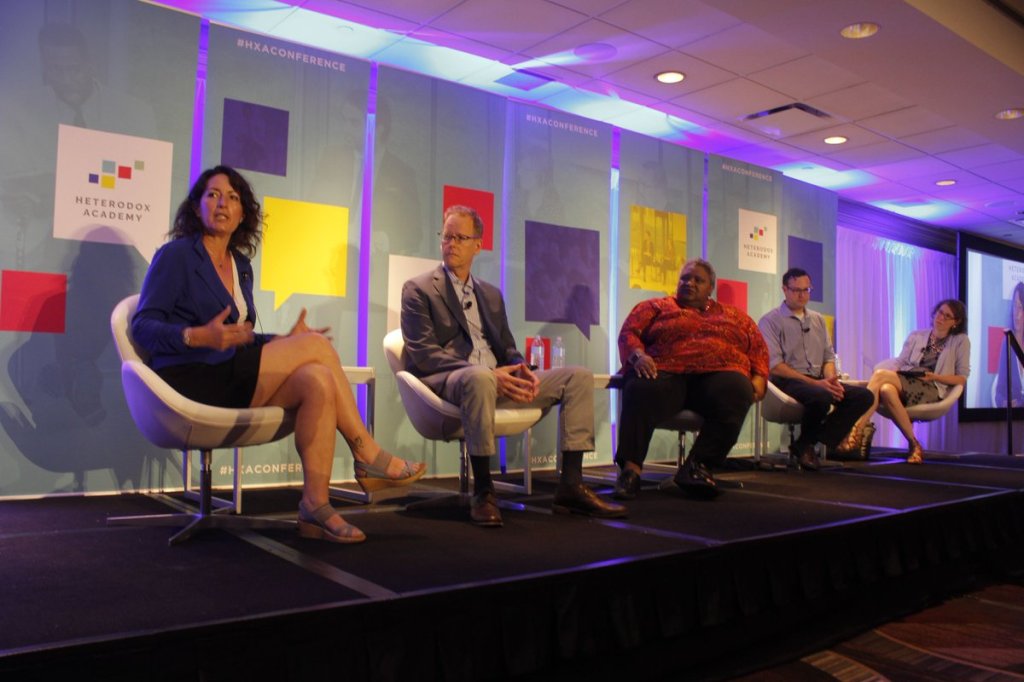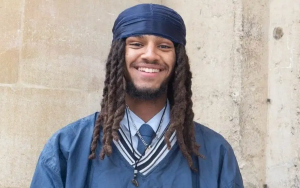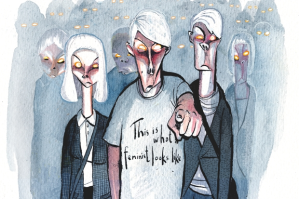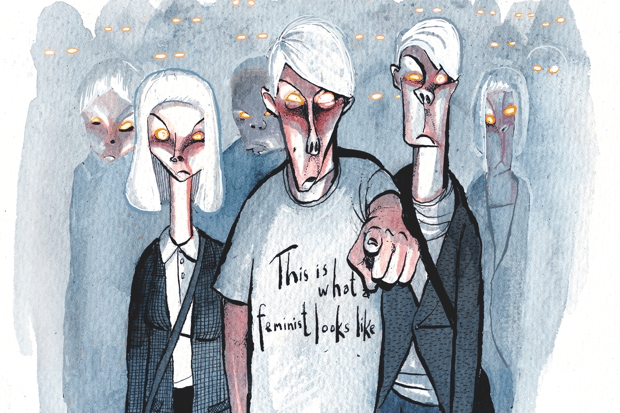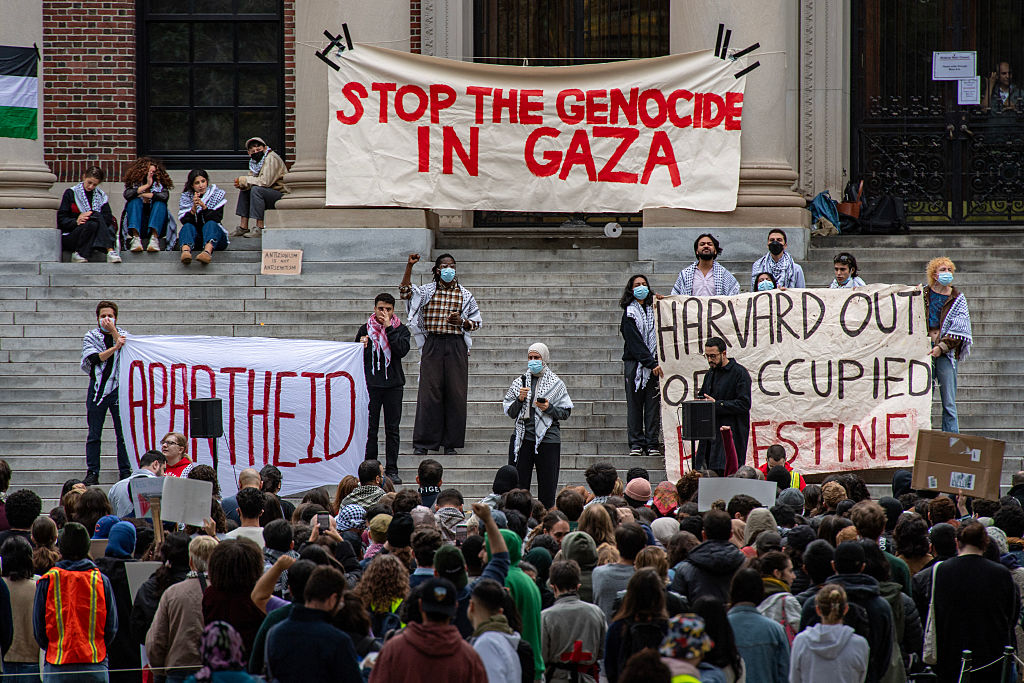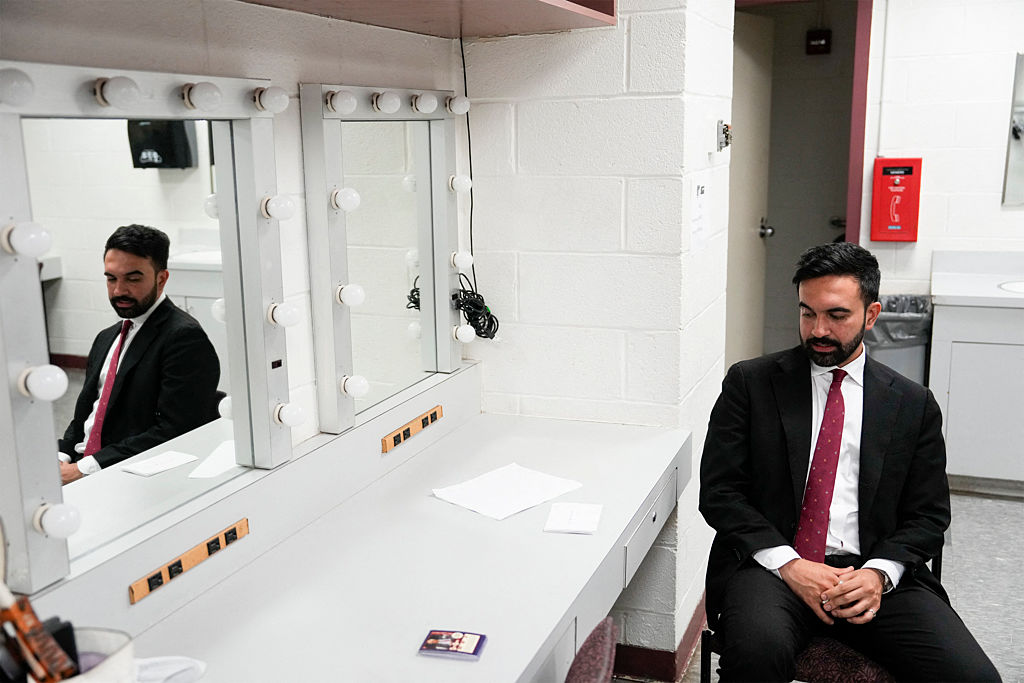Higher education is dominated by liberal professors and progressive impulses. Conservative professors like me are often apprehensive about teaching in the dominant method, lecture based classes. It’s in the humble seminar, with students and professor debating around a table, that viewpoint diversity can thrive, and discussions of conservative thought survive.
Colleagues tell me that they are regularly afraid of the scenario when their class spirals out of control and blows up. In the safe-space, trigger warning, micro-aggression climate of the campus, a professor’s intentions and statements are easily mischaracterized. If someone claims to take offense, or simply misunderstands a statement, and the lecture is recorded, mob rule and crazy demands ensue. We now live in a pervasive culture of shaming, condemnation, and excommunication.
As a professor of politics, I regularly teach courses on public opinion and elections, Congress and the presidency, polarization and geography, and concepts related to community and the American Dream. Accordingly, my classes inevitably veer into sensitive, hot-button topics ranging from civil rights, LGBTQIAP+ and identity politics, to immigration, gun control, and abortion.
In our charged political environment, courses that address such divisive topics require open minds, an appreciation of history and context, an acknowledgement of nuance, and an acceptance that there are many legitimate viewpoints. It also requires the creation of a learning community which cultivates trust in the room, and understands that those present are genuinely curious and trying to make sense of the world.
In large lectures, establishing this dynamic can be hard. Professors do most of the talking, and the students are passive. This means that they don’t talk much, or develop a meaningful sense of each other and their respective worldviews and life stories. Moreover, it’s also hard for faculty to develop real relationships with every student in the class.
Anonymity, lack of community, and discomfort about speaking freely make this a dangerous environment for teaching contentious topics. A small number of students can hijack the discussion with claims of harm and aggression. Faculty and students can be silenced and bullied because norms of mutual respect and understanding are hard to develop in large lecture courses. Many of my conservative colleagues recognize this dynamic. They shy away from promoting real ideological diversity and balance out of fear from a progressive mob.
Small seminars, in contrast, can be quite different. Without question, these small classes do not scale; they are more expensive, and they require a considerable amount of time and work on the part of the professor. But if the professor sets the tone from the start that the course, it can be a genuine intellectual exercise, with real community and real norms of mutual respect and goodwill. If we invest time in the students and replace anonymity with community, it is absolutely possible to create bubbles and ‘safe learning spaces’ for difficult questions and real conversations about both liberal and conservative thought. These productive norms can limit hysterical and undisciplined thinking: it’s much harder to project outrage and commandeer a room when real relationships and reputations are in play.
In my own teaching over the past decade, I’ve tackled contentious policy questions in courses on public opinion and polarization. I’ve also taught conservative history and theory in my courses on Reagan and Thatcher, presidential power, and American ideologies and dreams. There have been no outbursts, because I set the tone immediately: my students and I are there to learn and question everything. We know one another and are there with the collective aim to understand the social world. As such, we have very meaningful, very real, and very heated conversations. I make it clear that in this bubble, we learn with Chatham House rules in effect. Social media blow-ups will simply not be permitted. Here viewpoint diversity can and does thrive, but it does so in small numbers and slowly.
It’s certainly possible that a seminar course could fall apart, but that has not happened to date for me, because my students and I have reputations and relationships and the respect for one another that develops from the intimacy of a seminar.
The small seminar mode of teaching may be intensely time consuming and often exhausting, but it may be a potent way for centrist and conservative college and university professors to combat reactionary, anxious, and often ignorant students and the continued creep of an intellectual progressive monoculture that makes lecture teaching so dangerous to many who simply hold non-leftist and heterodox views.



